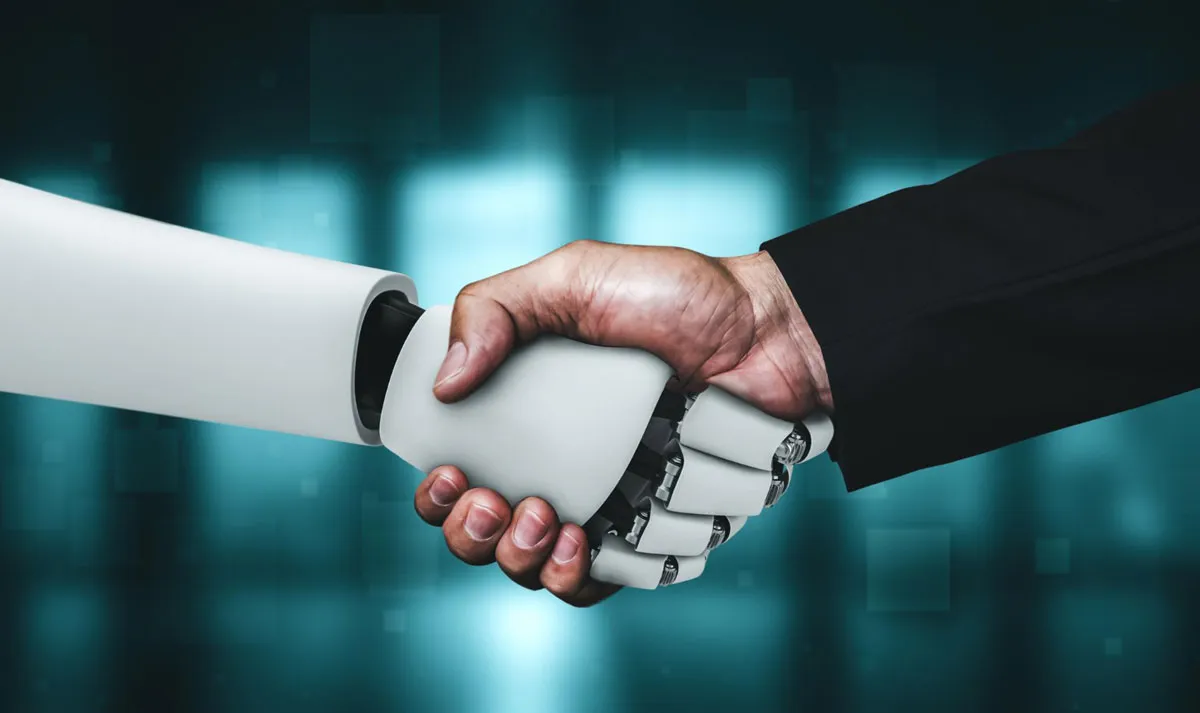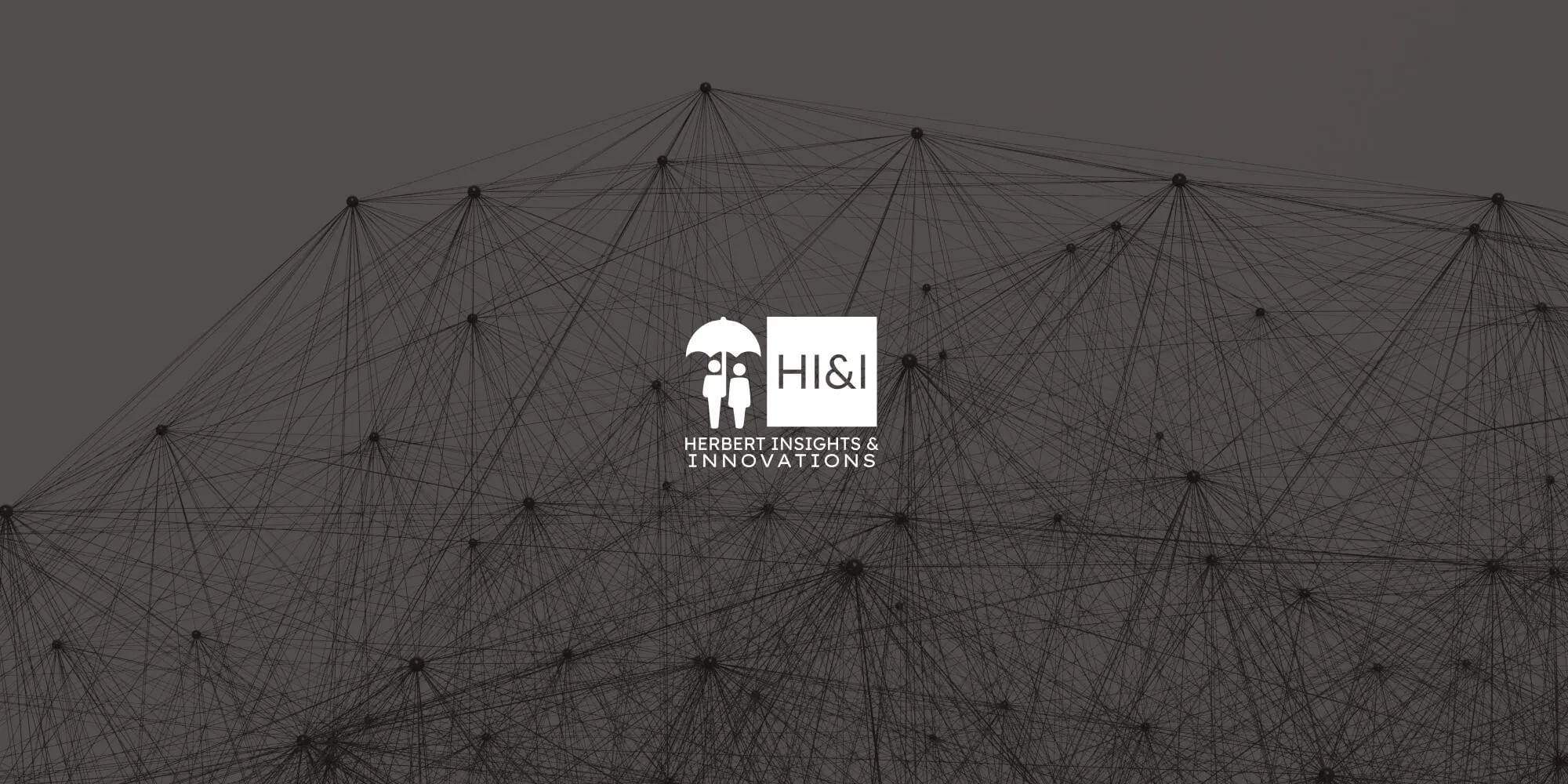Intelligent Automation Platform Overview
Table of contents

Organizations looking for ways to integrate automation into their daily work processes can quickly get overwhelmed by the available solutions on the market. In addition, trying to distinguish between different types of automation technology can leave you feeling like you're drowning in a sea of acronyms.
Intelligent automation (IA) is the way to transform your business. That’s why we’ve provided this overview that describes what it is, how it’s distinct from robotic process automation, and what it can do for your company.
What is Intelligent Automation?
Intelligent automation (IA) is an intelligent take on other automation technology, sometimes using things like artificial intelligence (AI) and machine learning (ML). Because of that, you can adapt IA to handle your more complicated business functions that usually get done by a human. With intelligent process automation, you can look beyond optimization and start redesigning the decision-making processes, strengthening your organization from top to bottom.
Use IA to handle complex workflows into a digital assembly line automatically. It’s not about eliminating your human workforce. Instead, you can leverage your intelligent automation platform to utilize the strengths of both people and machines. For example, you can automatically pass your work through an automation process or to designated personnel. That leads to a seamless collaboration that boosts productivity and organizational efficiency.
Critical features of intelligent process automation solutions include the ability to:
- Work with unstructured data and handle automated tasks that require a judgment
- Adjust to changes in company procedures
- Apply predictive and prescriptive analytics to help company leaders plan out their use of resources.
- Run robots that manage themselves and deal with exceptions, reducing robot management overhead.
How Does Intelligent Automation Differ From RPA?
Robot process automation relies on software robots copying the movements people initiate when working with desktop applications. For example, many companies use automation robots to automatically download documents, handle standard customer inquiries, and deal with insurance claim processing.
One of the biggest benefits of RPA is that it can get through simple manual tasks a lot faster than humans, freeing them up for more complex work. That leads to better accuracy on repetitive tasks with little variation, especially those that involve data input. In addition, organizations that implement RPA technology correctly can eliminate human errors that could impact other workstreams.
However, what RPA robots can’t do is make independent decisions. That’s the main thing that distinguishes it from intelligent automation. Bots created from IA technology learn and adapt to the information they process in real-time.
What are the Benefits of Intelligent Automation?
Because IA can handle continuous learning and deal with exceptions, companies can reduce costs more. Instead of deploying disparate RPA bots in different areas, companies can use a centralized intelligent automation platform to connect various departments and figure out how to help each work together more seamlessly.
One example of that is in customer service. While an RPA solution can determine what offers to promote to customers based on location, intelligent process automation can determine that it should search the client’s account for additional information. Then, it can combine that with the data collected from the current call and provide the agent with other offers.
Other benefits of intelligent automation processes include the following:
- Improved efficiency — Because intelligent automation can adapt and make decisions, it can take over more complex processes and eliminate the need for human intervention.
- Less code — Since IA is capable of real-time learning, there’s no need for a company to write new code to reconfigure automation rules constantly.
- Higher satisfaction among workers — Getting rid of the manual tasks that take up a lot of their day can improve morale among workers. Because they do not need to monitor automation processes continuously, employees can focus on work more suited to their skill set.
Do you need AI or ML to Realize Intelligent Automation?
In truth, accurate artificial intelligence and machine learning technologies are probably overkill for most businesses. Modern automation software can manage day-to-day business decisions and workflow complexities without needing the highest-end machine language to surface insights. There may be specific cases where relying on AI to parse vast amounts of data is a need, for instance flight booking systems, but most use cases don't involve these scenarios.
How Can You Leverage Intelligent Automation in an Enterprise?

While RPA remains the dominant automation, IA is poised to become the future choice of future-facing enterprises. In addition to automating a majority of company tasks, intelligent automation can lead to a reduction in processing time and a higher ROI. Below are examples of how companies in different industries use intelligent process automation to their advantage.
Cross-Selling in Finance
Companies that work in finance benefit by finding ways to promote products to existing customers. Banks can use IA to determine which banking customers have a mortgage and cross-sell them on that product. Because it’s cheaper to sell to existing customers, that cuts down on acquisition costs. The same thing can be done to promote other products like credit cards or different types of loans.
Streamlined insurance claims processing
Manual claims processing can take up a lot of employee time. Insurance companies can use intelligent process automation to copy information from claims forms into a database. If they receive paper claims, IA can automatically send the document through a process that scans and digitizes the information on the claim for more accessible storage. That cuts down on a lot of keying and typing for claims processors.
Lowering customer churn
Many companies offer subscriptions for their services. Instead of waiting for a customer to cancel, intelligent process automation can recognize customers at risk of cutting off their service. From there, they can offer promotions to that customer that might better fit their needs. That way, a company is better positioned to retain the customer's business.
Predicting logistics and supply chain demand
With more customers turning to the internet to make purchases, logistics and supply chain companies feel more pressure to meet demand. Instead of getting caught short on products, those organizations can use IA to predict future demand and adjust their available inventory levels.
Program for the Future with Intelligent Automation
Nutrient Workflow helps companies redefine their current work practices to meet the future demands of their industry. Learn more about how our platform could help your organization by setting up a demo of our platform.








